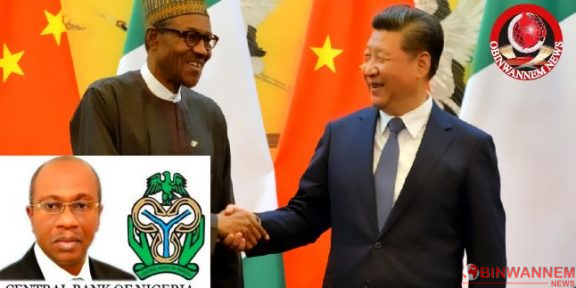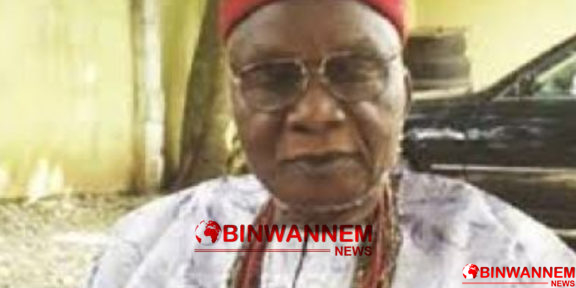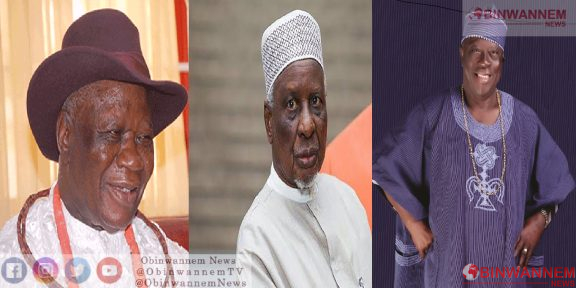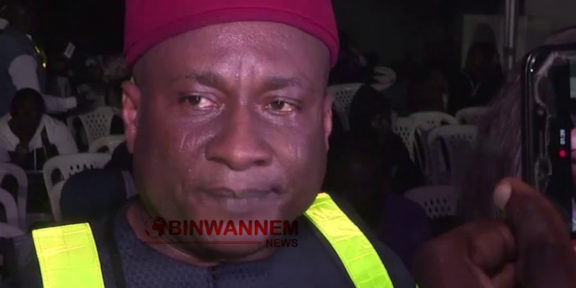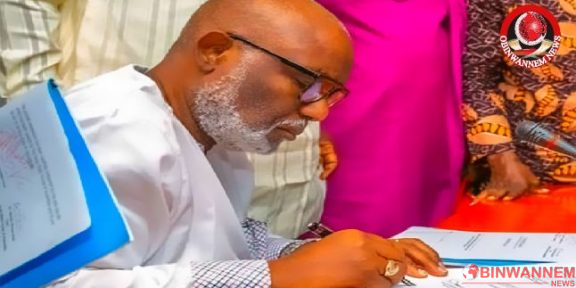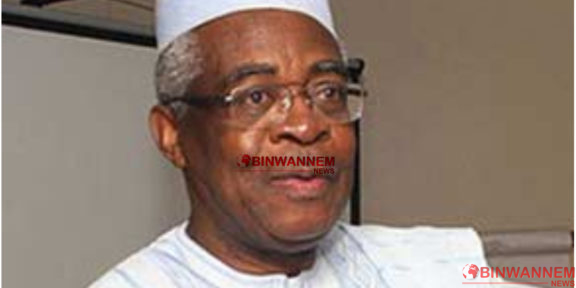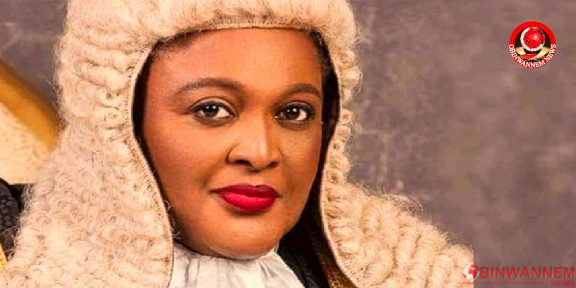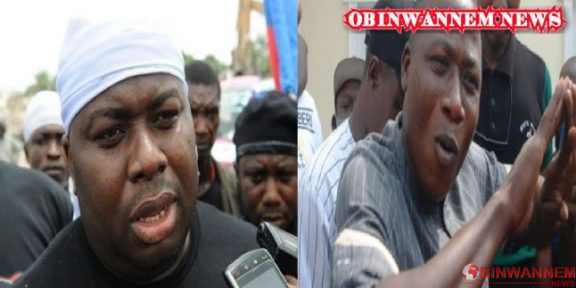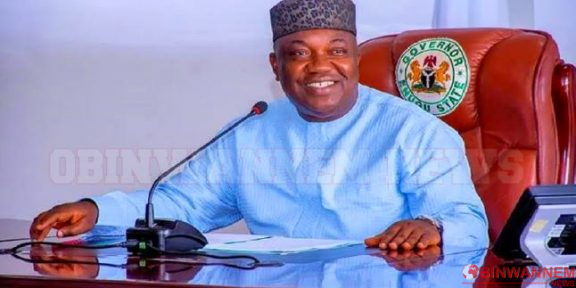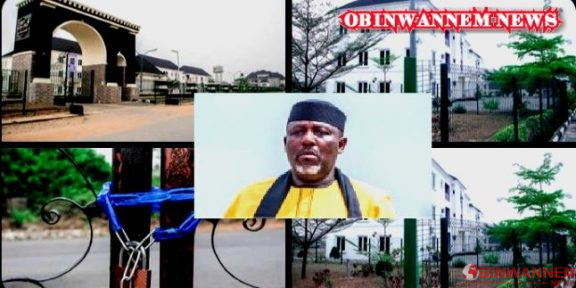Security forces Wednesday opened fire on anti-coup protesters in Sudan, killing at least 15 of them.
The protests were held in the capital Khartoum and another city, Omdurman.
According to Aljazeera, “Wednesday’s was the highest daily death toll since the October 25 coup, which saw the military seize power, dissolving the transitional government and arresting dozens of officials and politicians.”
Security forces fired live ammunition and tear gas at anti-coup protesters in at least one location in Khartoum, according to activists. The Sudan Doctors Committee said most of the killings took place in Khartoum Bahri.
The crackdown on protesters comes as U.S. Secretary of State Antony Blinken is in Africa to boost so-far unsuccessful diplomatic efforts to resolve the deepening conflicts in Ethiopia and in Sudan.
Prime Minister Abdalla Hamdok is currently under house arrest in Khartoum. He and more than 100 other government officials were detained during the coup. Many have been kept at undisclosed locations. Authorities have shut bridges linking Khartoum and Omdurman and tightened security across the capital.
In what was the 35th coup d’etat (including plots) in Sudan’s history, the military on October 25, 2021, seized power, dissolved the military-civilian Sovereign Council, and declared a state of emergency.
This was met by backlash from Sudanese youth opposed to the coup who barricaded streets and clashed with troops. According to the health ministry, seven people were killed by gunfire and 140 injured as a result of the clash.
Not deterred by the high-handedness of the military, the protesters as seen in television broadcasts have continued to protest against the toppling of the civilian government, moving their procession into neighbourhoods.
Prime Minister Abdalla Hamdok was arrested alongside other top civilian officials including the news director of state TV, a Reuters report said.
General Abdel Fattah al-Burhan who led the takeover said the armed forces needed to protect safety and security; promising to hold elections in July 2023 and hand over to an elected civilian government then.
“What the country is going through now is a real threat and danger to the dreams of the youth and the hopes of the nation,” he said.
Nations of the World Condemns the coup
The Nigerian government, African Union, Arab League, and the United Nations had all expressed concerns about the situation in Sudan and condemned the coup.
The Nigerian government through the Ministry of Foreign Affairs said it “strongly condemns the coup d’etat.” It called “for the immediate release of the Prime Minister and all other political prisoners and an immediate restoration of the transitional government and implementation of the agreed roadmap to return the country to constitutional democracy.”
Political leaders should be nreleased and human rights respected, AU Commission Chair Moussa Mahamat said in a statement
UN special representative in Sudan, Volker Perthes, in a live broadcast, called on the security forces to immediately release those who have been unlawfully detained or placed under house arrest.
The Secretary-General of the Arab League, Ahmed Aboul Gheit, also called on all Sudanese parties to fully abide by the constitutional document signed in August 2019.
What Sparked the Coup
According to NBCNews, tension has been growing for months between supporters of the military and of civilian rule with The Forces for the Declaration of Freedom and Change (FDFC), the main protest umbrella group, stepping up calls for the military to hand leadership over to civilians in the government. Instinctively, supporters of the military also have stepped up action.
Since September, tribal protesters have blocked the main road to Sudan’s Red Seaport as well as fuel pipelines, demanding Mr Hamdok’s government be dissolved.
NBCNews reports that many of the protesters on both sides are motivated by economic hardship. Already a problem under deposed dictator Omar al-Bashir, it was one of the reasons people rose up against him. But since then, the country has faced even greater shocks in trying to rejoin the global economy.
History of Coup in Sudan
Since gaining independence in 1956, the North African country has been plagued by internal conflicts leading to several wars, coups, and counter-coups. The country has witnessed 35 coups including that of October. Out of the 35, only five were successful; the other 30 were thwarted or failed outrightly.
The successful coups happened in 1958 led by Prime Minister Abdallah Khalil and in 1969, led by Colonel Gaafar Nimeiry against the government of President Ismail al-Azhari. The coup signalled the end of Sudan’s second democratic era and saw the beginning of Mr Nimeiry’s 16-year rule.
In 1985, a counter-coup that ousted President Gaafar Nimeiry was led by Field Marshal Abdel Rahman Swar al-Dahab; in 1989, Omar Al-Bashir, a military officer, led a coup against the democratically elected Sadiq al-Mahdi and Ahmed al-Mirghani. Mr Al-Bashir remained in power for 30 years until 2019 when he was overthrown by the Sudanese army led by Ahmed Awad Ibn Auf following a series of departure.
Lolo Ijeoma Njoku Obinwannem News Writer / Nov 19, 2021



